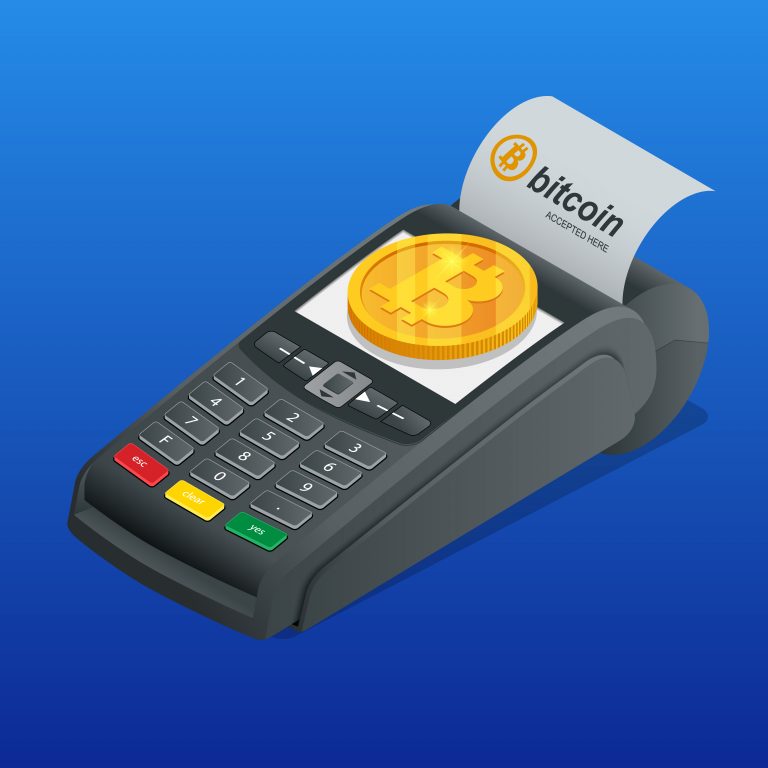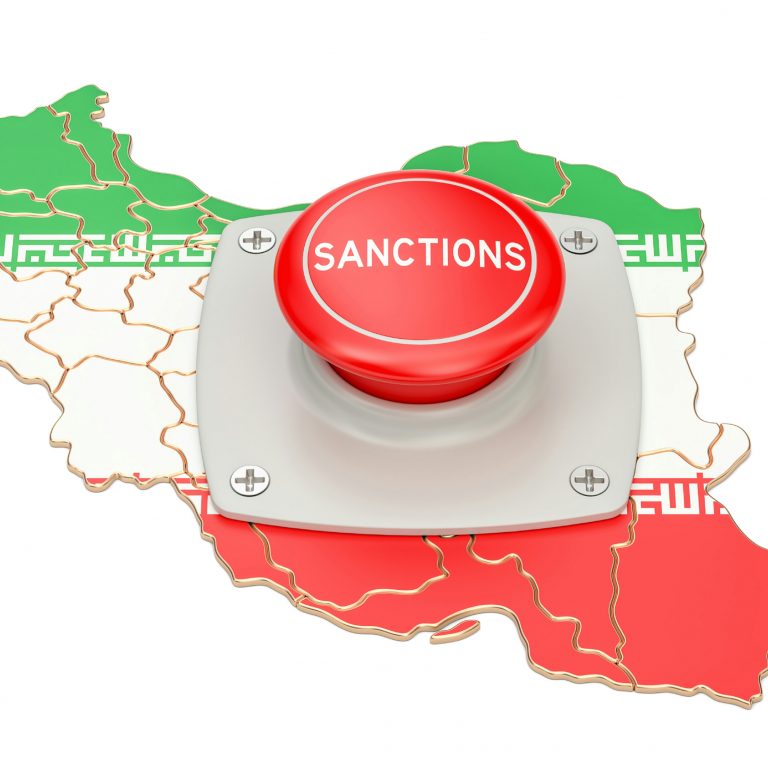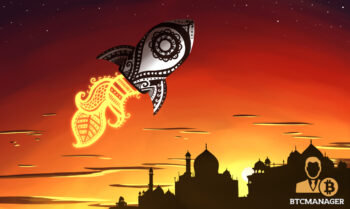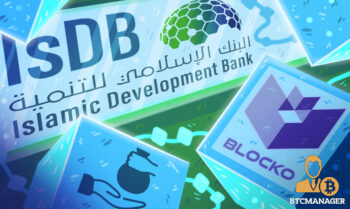
2019-1-3 10:00 |
Islamic financial institutions are increasingly using blockchain technology for complex financing terms, Shariah-compliant transactions and Islamic and sharia-compliant alternatives to conventional insurance. Blockchain can assist in KYC, back-office automation, and underwriting of micro-insurance.
Several Islamic Financial Institutions are Trying BlockchainEmirates Islamic was the first Islamic bank to test blockchain. It is part of the UAE’s Emirates NBD banking group. As early as 2017 the bank integrated the technology into cheque-based payment processes. This strengthened their authenticity and minimized the potential for fraud.
The UAE-based Al Hilal Bank became the world’s first Islamic Bank to complete a sukuk transaction on the blockchain on the Abu Dhabi Global Market Financial center. A sukuk is an Islamic financial certificate, kind of like a bond in Western finance, that complies with Sharia-Islamic religious law.
Based on the Ethereum blockchain, the system was developed by Dubai-incubated fintech startup Jibrel Network. This company provides currencies, equities, commodities, and other financial assets as standard ERC-20 tokens on the Ethereum blockchain.
“We are proud to be the first bank to launch a ‘smart blockchain Islamic sukuk’,” said Alex Coelho, CEO of Al Hilal Bank. He highlighted blockchain’s “cost efficiency, robust Shariah-compliance and the unlocking of new opportunities.”
The Islamic Corp for the Development of Private Sector (ICD) first cooperated with cryptocurrency startups on smart contracts and other blockchain-based innovations for Islamic Finance.
An ICD partner, iFinTech Solution, based in Tunis, is developing blockchain products to solve liquidity management challenges and commodity transactions in Islamic finance, including interbanking relations between conventional and Islamic banks to ensure Shariah-compliance.
“Information technology will always play an important role in the financial system,” said ICD’s new CEO Ayman Sejiny.
We will consistently pursue our strategy of service orientation and help our partners with innovative Shariah-compliant fintech solutions.
The IDB’s Islamic Research and Training Institute, furthermore, is working with fintech firms Ateon from Riyadh and SettleMint from Dubai on blockchain-based smart contracts in order to create Shariah-compliant financial products. The idea is to automate the entire contractual process for Islamic finance institutions.
Startups approved to offer Shariah-compliant financial products include the Dubai-based Blockchain startups include OneGram, Malaysia’s HelloGold, and Islamic microfinance firm Blossom Finance from Indonesia.
Certification on the blockchain might make halal certifications simpler. POCertify is a new dApp on the blockchain. It uses smart contracts technology to publish Halal certificates. Halal is the Arabic word for permissible, and, in this case, is mostly refers to food. Food classified as halal has to be certified in terms of several Islamic guidelines.
“Blockchain technology, together with Islamic principles, will digitally encrypt the Halal Certificate in its PDF format, and verify the Halal Certificate on the blockchain,” explains founder Shabeer Shaik Abdurahaman, who specializes in Islamic fintech.
If it is correctly verified, it proceeds to be used, and if not, the producer or supplier is not given the certificate.
How Is Blockchain Being Used?Beyond food certification, Islamic financial institutions are using blockchain for the following reasons:
smart contracts used for the management of profit sharing agreements, agency arrangements, and partnerships. verification of Islamic financial transactions for banks and customers to avoid conflicts, and facilitate client partnerships and increased transparency. integration with mobile technology in countries lacking legacy banking infrastructure.Blockchain may also be used in banking and transactions through smartphone apps while maintaining traceability and transparency of banking deals for retail clients.
Will blockchain technology be integrated into Islamic finance? Share your thoughts below!
Images courtesy of Shutterstock
The post Is Blockchain Halal? These Startups Are Transforming Islamic Finance appeared first on Bitcoinist.com.
origin »Bitcoin price in Telegram @btc_price_every_hour
High Performance Blockchain (HPB) на Currencies.ru
|
|















